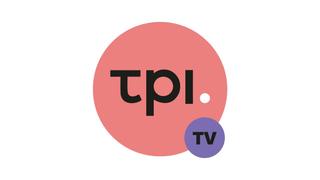Thyroid Hormone & Brain Development: animal-free models for human safety assessment
The environment can have a significant impact on a child's health even before birth. Brain development begins in the first trimester and continues until the age of 25, with thyroid hormone playing a critical role. During early pregnancy, the fetus depends on the mother's thyroid hormone, and a disruption in the thyroid hormone balance can lead to cognitive and motor impairments in the child. As part of the VHP4Safety project, we are developing in vitro tests to measure the developmental neurotoxic effects caused by disturbances thyroid hormone concentrations. Current testing guidelines do not always include testing for neurodevelopmental effects, highlighting the need for new non-animal methods. At the Erasmus Medical Center, human cell lines representing brain cell types are cultured to study the effect of chemicals on the thyroid hormone balance. RIVM uses human stem cells to create neuron-astrocyte networks that mimic brain development. By combining these different assays and models, we are creating a comprehensive human-based testing strategy to assess developmental neurotoxicity. These advances are a critical step toward eliminating animal testing while protecting the health and environment of future generations.
New

TPI.tv: improving science through animal-free innovations and research

Five simple tricks for making your own video for TPI.tv

User Research in developing the virtual human platform
